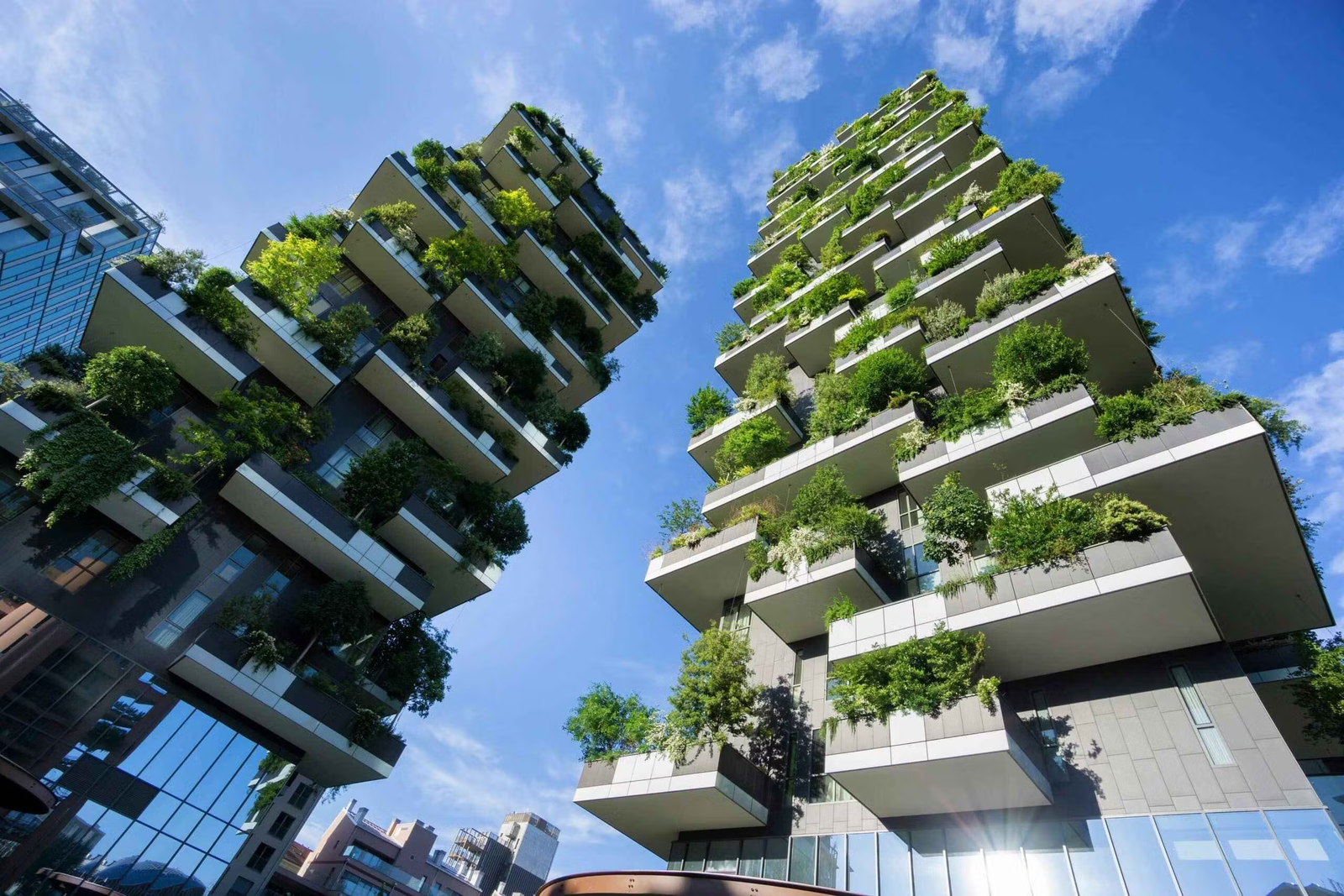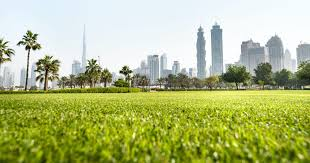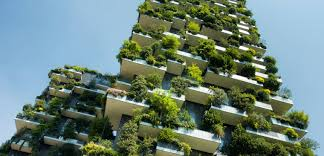
Green Project: As global demand for sustainable real estate continues to grow, the United Arab Emirates (UAE) is positioning itself as a leader in eco-friendly development. From Dubai’s energy-efficient towers to Abu Dhabi’s smart city initiatives, developers are now reaping the rewards of green building tax incentives designed to promote sustainability, lower emissions, and reduce energy consumption.
For investors and developers—especially from tax-heavy countries like the United States—understanding the UAE’s evolving sustainability-linked tax and regulatory benefits can result in significant cost savings and long-term returns. In this article, we highlight six key tax incentives and financial benefits that apply to green real estate projects in the UAE.

In Dubai and Abu Dhabi, real estate developers who comply with green building standards—such as Dubai’s Al Sa’fat or Abu Dhabi’s Estidama Pearl Rating System—are often granted fee reductions or registration incentives.
For instance:
While these are not “tax credits” in the traditional sense, they reduce upfront costs and boost project feasibility for both local and foreign developers. Learn more about Dubai’s green standards via Dubai Municipality’s Al Sa’fat Guidelines.
UAE free zones such as Masdar City Free Zone (Abu Dhabi), Dubai Silicon Oasis, and Sharjah Research Technology and Innovation Park (SRTIP) provide special incentives for green tech, clean energy, and sustainable real estate firms.
These zones offer:
REITs, developers, or property management companies focused on green building can benefit by establishing entities in these zones and aligning their projects with UAE’s Net Zero 2050 strategy.

The UAE offers rebates and reduced tariffs for buildings that install energy-efficient systems, such as:
Entities like Dubai Electricity and Water Authority (DEWA) and Abu Dhabi’s ADDC provide incentives such as:
These measures reduce operational costs and can improve return on investment over time. For updated incentives, check DEWA’s Green Buildings Portal.
With the UAE’s corporate tax regime now in effect (as of June 2023), developers and property firms can deduct legitimate business expenses, including:
While no specific green tax credit exists yet, companies can offset taxable income by classifying sustainability-related investments as business expenses—subject to approval under UAE tax guidelines.
Banks and financial institutions across the UAE are now offering green loans and ESG-linked financing to real estate developers who meet sustainability standards. These financial instruments come with:
For instance, Emirates NBD, First Abu Dhabi Bank (FAB), and HSBC UAE have introduced dedicated green financing programs for residential and commercial projects that meet LEED, BREEAM, or Estidama certification standards.
While not a tax benefit directly, these tools significantly reduce project financing costs, which improves cash flow and long-term project viability. U.S.-based investors familiar with the U.S. Green Building Council (USGBC) will recognize many parallels in structure and benefit.
Green-certified developers often gain priority access to government tenders, subsidies, and land allocations in eco-focused master developments. In projects like:
Authorities provide long-term lease incentives, reduced registration charges, and strategic partnership opportunities for developers with a proven green track record.
These privileges not only enhance market reputation but can also unlock public-private partnership models with lower risk profiles.
Developers focused on ESG principles are increasingly preferred for smart city and sustainability-related developments. Learn more about upcoming smart city projects from the UAE Smart Government Portal.
The UAE’s commitment to sustainable development is more than just a trend—it’s a national priority. For developers, REIT managers, and global investors—especially those coming from the United States—there is real opportunity in aligning with the UAE’s green agenda.
From tax deductions and utility savings to free zone incentives and ESG-linked financing, the UAE offers a wide range of green project tax benefits that can improve profitability and reduce operational risks. More importantly, early adopters who embrace sustainable development will be better positioned for regulatory support and long-term resilience.
Key Takeaway: Investing in green real estate in the UAE is not only an ethical and sustainable decision—it’s a financially smart one. As global environmental standards evolve, real estate players who adopt green practices today will become the market leaders of tomorrow. green project
read more: UAE Real Estate: 5 Tax Planning Essentials for REIT Managers
